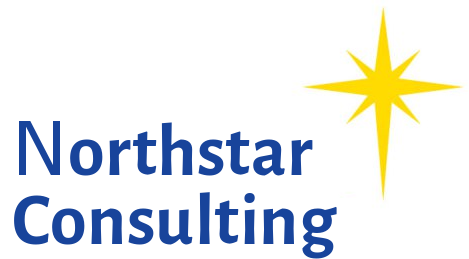Northstar Consulting affiliates take the position that the emotional needs of adopted adolescents and adults – which we identify as The Psychology of the Adopted Person/Patient in Adolescence and Adulthood — is a highly complex, multidisciplinary field requiring its own adoption-specific body of knowledge that is related but additional to what has been learned about “the core issues” and special needs of adopted children. This new field, and an understanding of adoption more generally, requires a shift in traditional perspectives and priorities. Mental health professionals are urged not to depend on what they believe they already know about adoption, because the “adoption-specific” knowledge base for treating adolescents/adults has not yet been formally researched, developed, published about, or taught.* Since it has never been attempted elsewhere, it begins with the efforts of Northstar Consulting affiliates and all interested colleagues.
In particular, contrary to current mental health practice, adoptive status (being adopted) relating to adolescents and adults cannot be treated as an event in the adopted person’s history that left an injury, symptom, or behavior pattern to be “fixed” (e.g., special-issue programs in trauma, attachment disorders, substance abuse/addictions). Rather, adoptive status involves an alternate but normative (for adopted people) lifelong developmental sequence, much of the individual’s current cognition, emotion, and behavior being influenced by, or filtered through, their experience as an adopted person. Their treatment requires an understanding of what this means:
Northstar Consulting believes that on ethical grounds, treatment of the adopted patient requires specialized skills in understanding language that is sensitive to adoptive status, specialized history-taking, family systems within adoption, differential diagnosis, intrapsychic dynamics, and necessary treatment modifications. In addition to a foundation in complex developmental trauma as it pertains to the adopted person over time, it requires detailed understanding of survival defenses and the psychobiology of resilience.
As examples of the necessary shift in perspectives, Northstar Consulting notes that:
- “Adoptee” is an understandably convenient label, but it is time for the correct term to become “adopted person.”
- The vast majority of adopted people, who are in the hundreds of thousands – if not millions– are adolescents and adults, not children.
- Being adopted often has its fullest impact in adolescence and young adulthood, not in childhood. This has particular relevance for practitioners in college mental health.
- Psychotherapists cannot dismiss adoptive status as something that happened in the patient’s past. Rather, regardless of the treatment venue (private practice or other out-patient, residential treatment, in-patient care, including brief or acute care) adequate care of the adopted patient requires therapists to be cognizant of, and work with, adoption-specific factors and dynamics in the patient’s current life; these special needs distinguish them from the non-adopted patients, and this distinction needs to be recognized and reflected in the treatment process.
- The most effective treatment for many adopted adolescents/adults recognizes and works with the profound impact of adoptive status on parts of the personality that are/have been outside the patient’s awareness, but that influence the patient’s current cognition/emotion/behavior. Therapists who work from a solid psychodynamic foundation provide the patient a great advantage, regardless of the length or brevity of treatment.
- Training and understanding of the complexities of family systems, especially within the context of adoption, is essential to the treatment of adopted patients of all ages. However, individual treatment of the older adopted adolescent and of the adopted adult requires an understanding of the adopted person as an individual on her/his own terms separate from, as well as part of, her/his complex family system.
- The most effective treatment of adopted adolescents and adults draws from significant training and experience in adolescent and adult psychology generally – and benefits especially when the therapist has significant life experience. Treatment settings with a training component have a responsibility to be especially sensitive to the adopted patient’s vulnerabilities to change, lack of continuity, loss, and loss of control. The Psychology of the Adopted Adolescent/Adult will likely derive from an interdisciplinary clinical model more than from traditional “adoption counseling” that derives (only) from work with families and children.
- Both historically and currently, children are typically placed for adoption without their own legal representation and, in welfare and private (independent) placements, also without the protection of well-trained child development professionals. This is part of a larger pattern of overall neglect of children by the state legislatures, and of reverse trends, i.e., the de-professionalization in child welfare practices. It also reflects the fact that family law involving children is typically little more than a form of probate (property) law (e.g., child custody litigation).
- The area of overlap of adoption and mental health requires interdisciplinary training and perspectives within research as well as treatment.
- Treatment of adopted adults requires an understanding of the intensified life-transitions concerns and experiences of adopted persons throughout the life cycle.
** Northstar Consulting affiliates invite interested members of the mental health field to join us in our plans to establish an online “study group” in the Psychology of the Adopted Person/Patient in Adolescence and Adulthood, hopefully, to result in occasional meetings and in publications.
